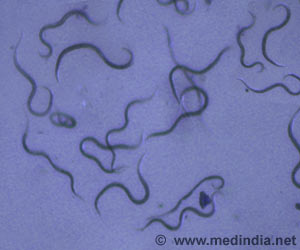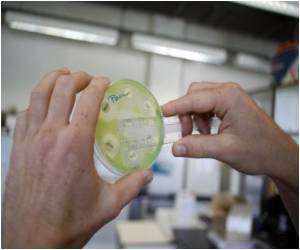Pharmaceuticals giant Roche has teamed up with Swiss company Polyphor to develop an antibiotic that can effectively deal with a superbug that has taken hold in hospitals.

They are blamed on factors such as sloppy hygiene practices, the inappropriate use of drugs which has enabled resistant bacteria to thrive, and contact between humans and animals, either directly or via the food chain.
In a statement, Roche said that it had signed an exclusive worldwide licensing agreement with Polyphor to develop and commercialise the latter's experimental antibiotic POL7080.
The drug's target is the Pseudomonas aeruginosa bacteria, which can give rise to life-threatening infections and usually occurs in patients in hospital, as well as members of the broader public who have weakened immune systems.
Pseudomonas aeruginosa accounts for one in every 10 hospital-acquired infections in the United States and is listed as one of the six most dangerous drug-resistant microbes.
It causes infections of the urinary tract, respiratory system infections, joints and bones, and digestive system.
Generally treated with traditional antibiotics, it has become more difficult to treat because of rising antibiotic resistance, Roche said.
Provided certain development, regulatory and commercial milestones are reached, Roche's total payments could reach 465 million Swiss francs, it said.
In addition, Polyphor is entitled to receive double-digit royalties on product sales.
Source-AFP
 MEDINDIA
MEDINDIA



 Email
Email






